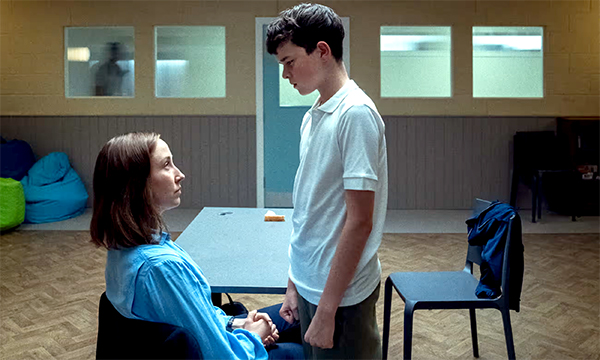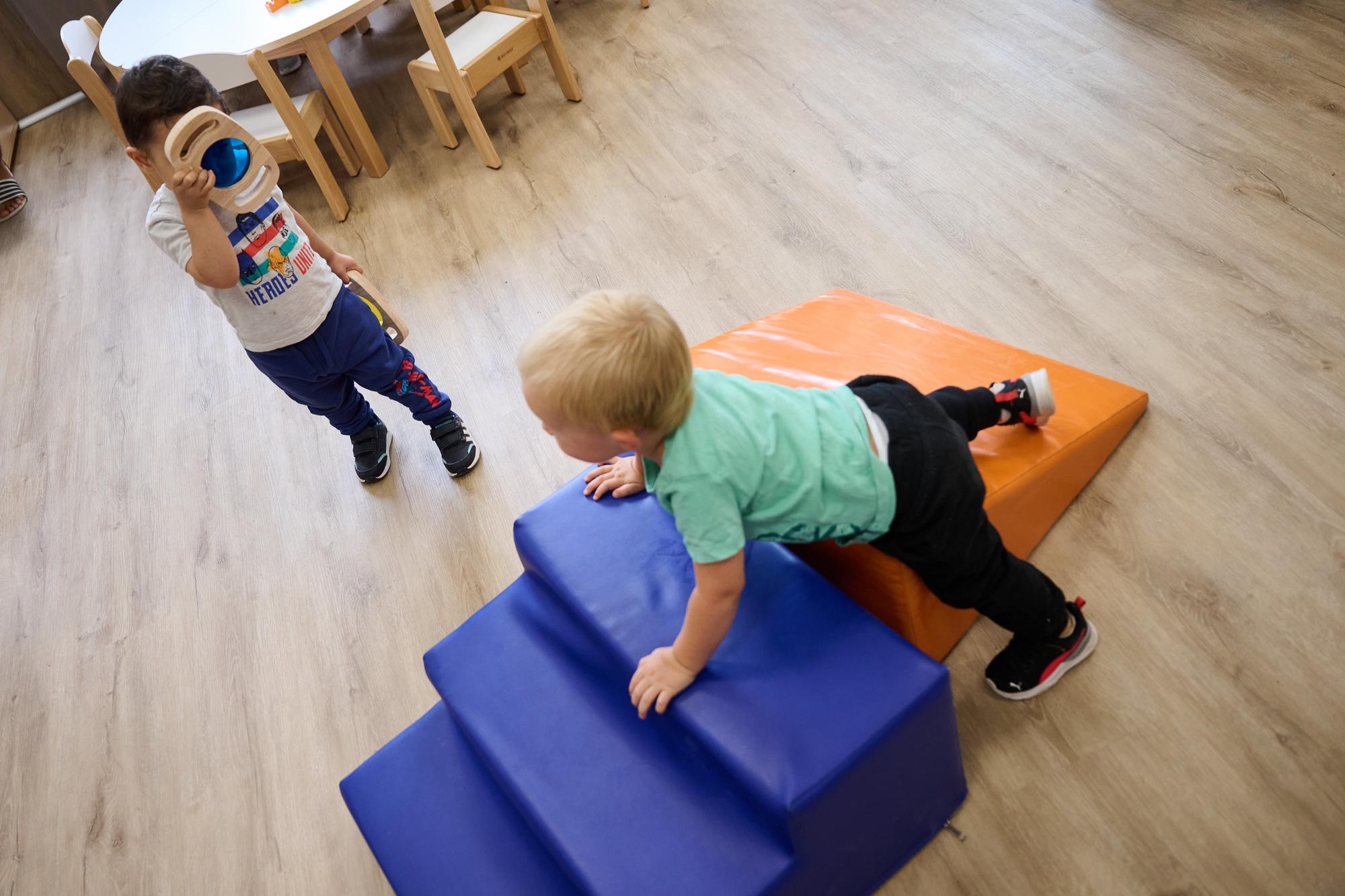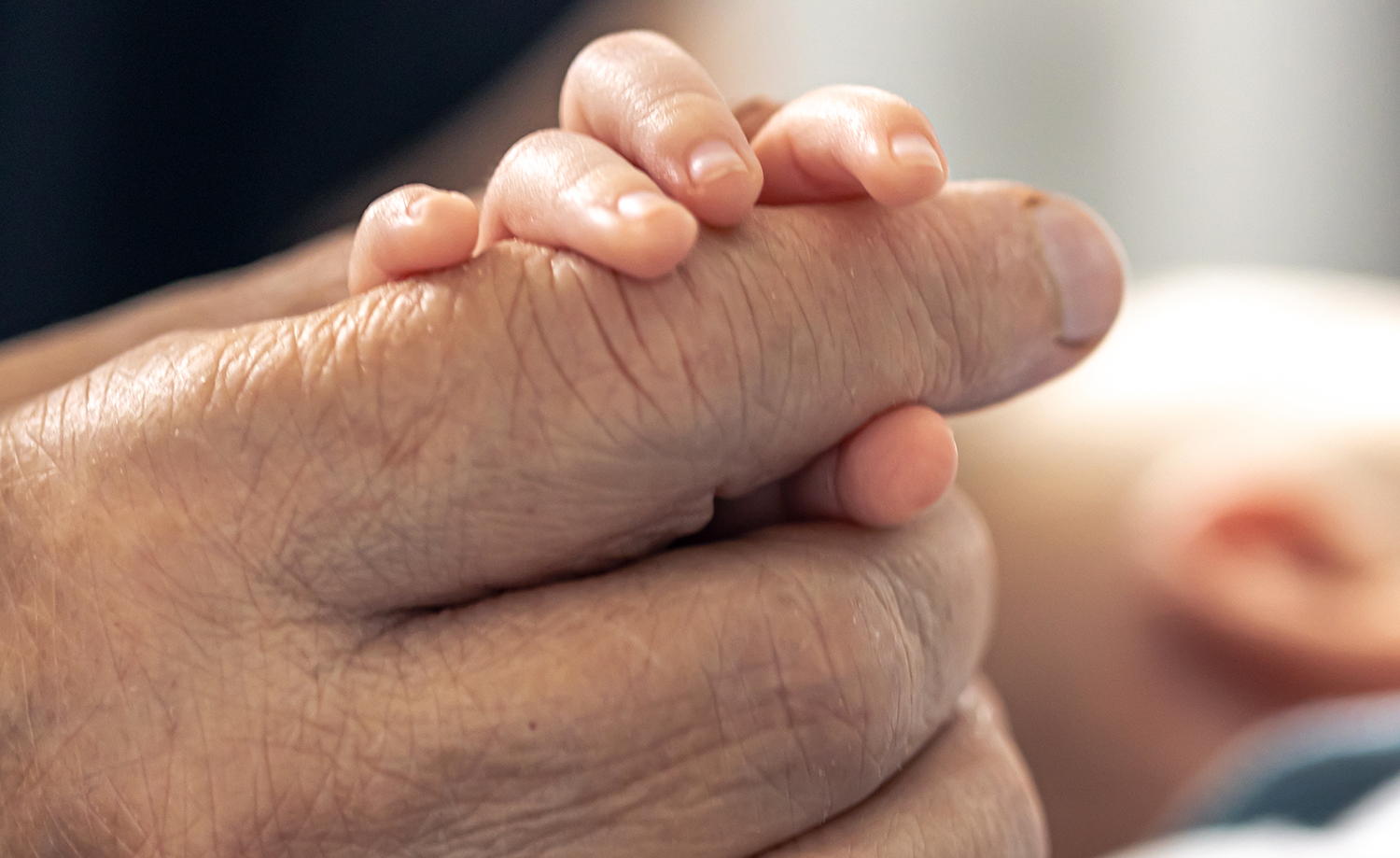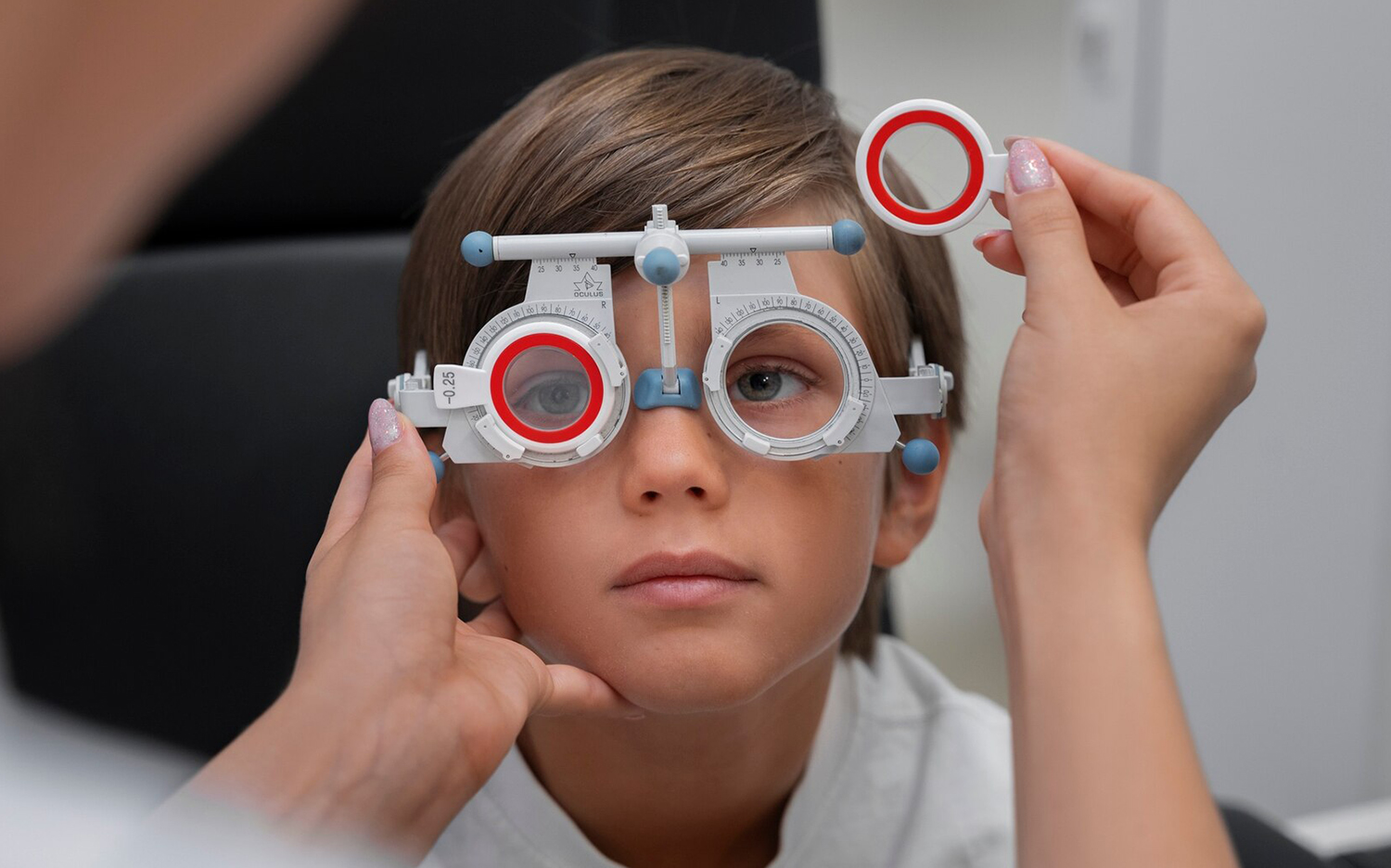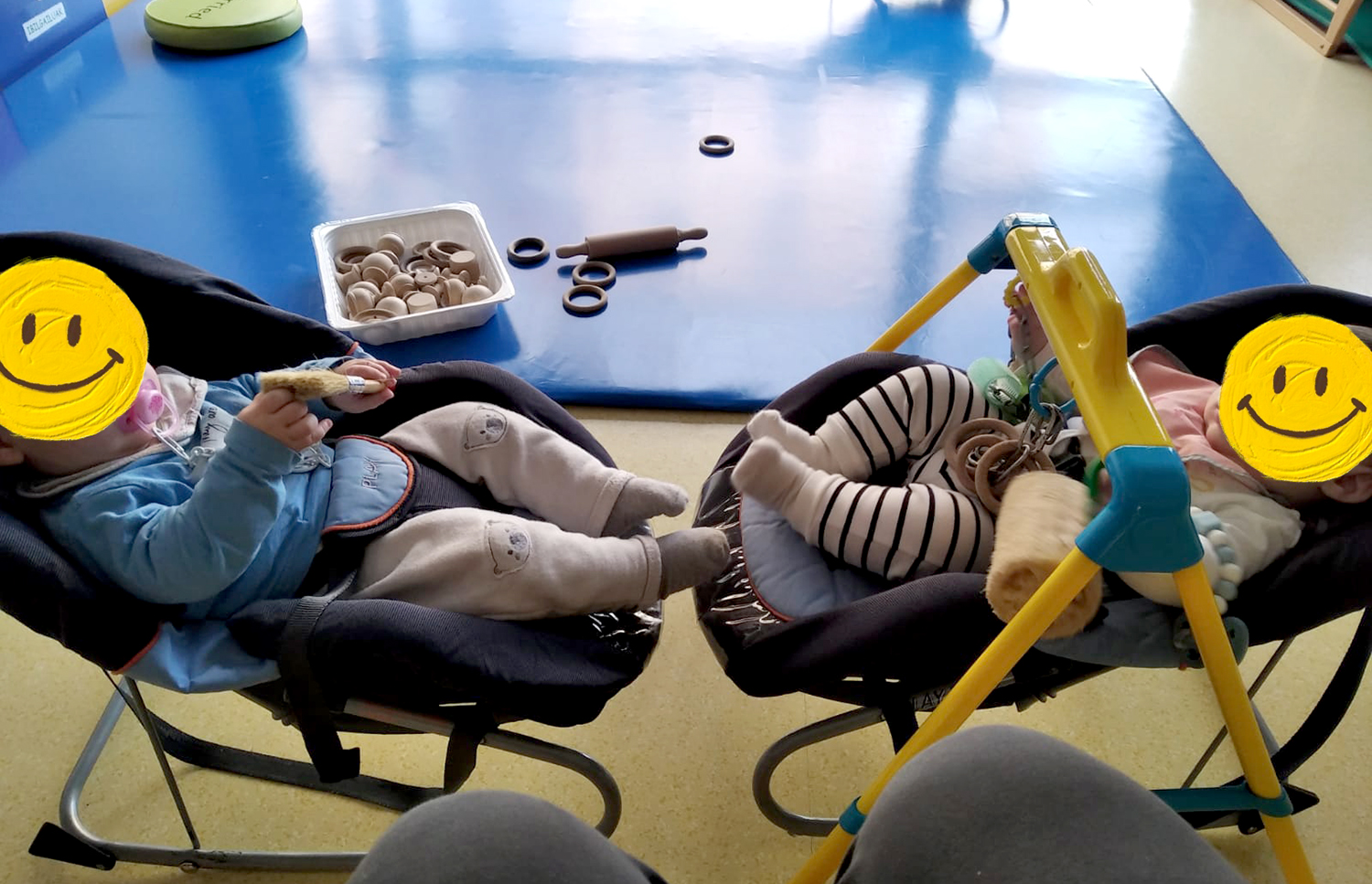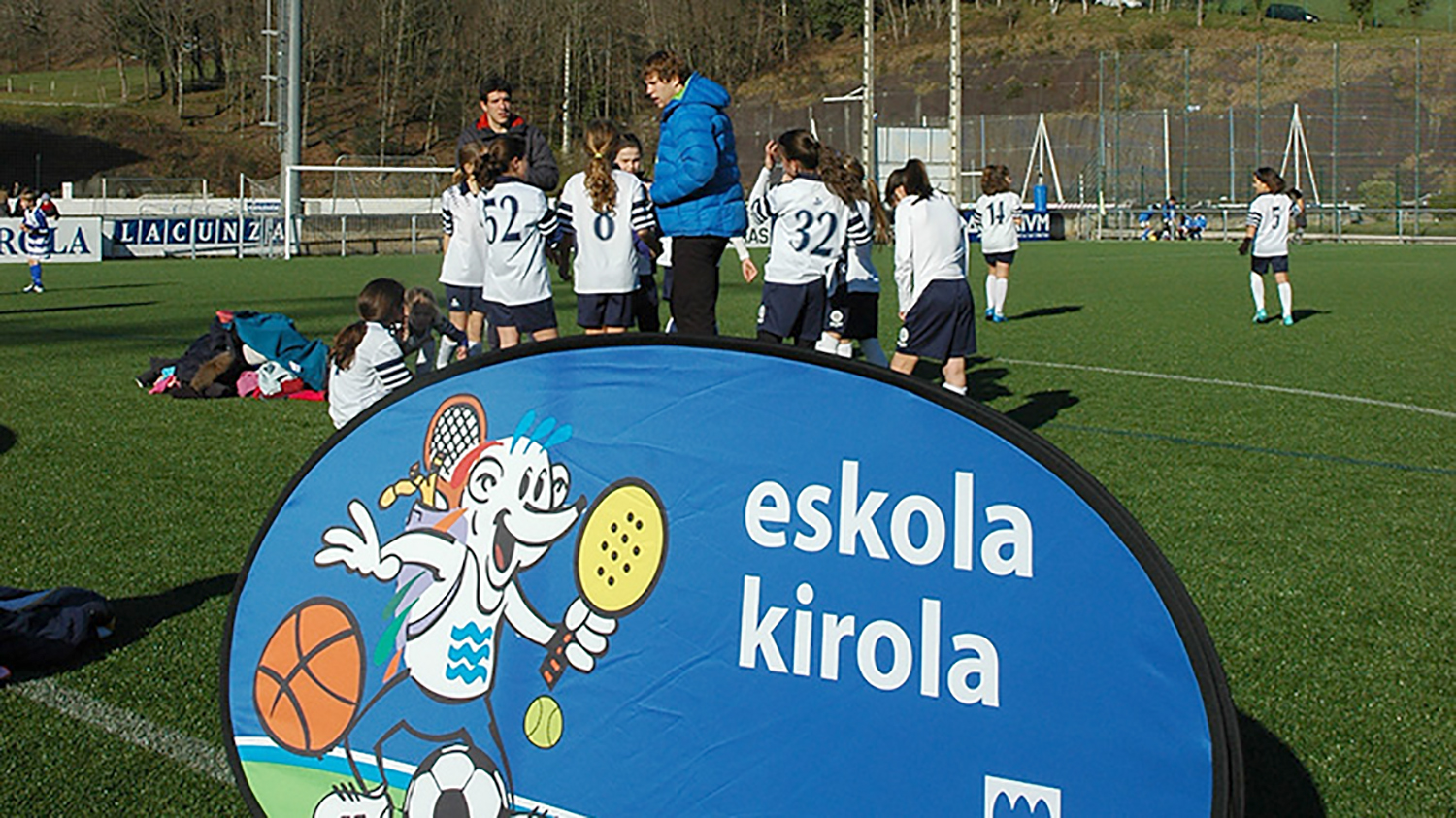Importance of risk games
- “Look,” “Don’t go up there,” “You’ll fall,”… Many times we send these kinds of messages to children, but living the risk is very important for their good development. They know the limits of the body and are happy to meet new challenges by overcoming fear.

Most kids like to tilt or jump from high altitudes. And if they're not, they'll do some other game, but they're always looking for situations related to fear, because risks generate rewarding emotions.
Children know through play the world around them and through risk, they distinguish what is safe and what is not safe. Through risk games they prepare to face real risks from the experience of risk management.
Oihana Imaz Larrun is a school teacher and risky game expert. He says that risk games are necessary for children to develop properly: “Through the game they seek a challenge point. Children will always seek some way to experience new sensations, know their body and their limits, and risk games give them that opportunity. They are absolutely necessary.” Itziar Arrangi highlights the relationship between risk and fear. Arrangi is a professor of Huhezi, researcher and studied the theme of the game: “The child is very afraid. It has to experiment with fear and make decisions about fear, when to move forward and when to step back. Risk games give them regulatory capacity. If the adult intervenes whenever there is risk, the child will not develop this capacity for experimentation and regulation.”
According to Imaz, the risk allows children to regulate and secure: “How far can I go with this game? When do I get security? These kinds of questions are constant and learn as they make decisions.”
In this way they do not need adult protection and they see that they are able to make decisions to ensure their safety. In fact, rigorous care and limitation of risk games would be an obstacle to living positive experiences like pleasure, joy, excitement, strong emotions, pride, success and self-esteem.
“Beware! You will fall!”
However, adults tend to break risk games. Many times we tell them that they are going to be careful, that they are going to fall, that they are not going up, that they are not going to skip… In this way, we do not allow them to be autonomous and, without realizing it, we are limiting their character. Imaz says that behind there is fear of adults: “We convey to children our fear and do not let them play autonomously. Perhaps for the child to climb a tree it is very fun and generates feelings that he loves a lot, but his mother does not let him rise.” Arrangi comments on the study on climbing trees: “The prohibition of climbing the tree depends on the age of the adult: A young 20-year-old teacher gives you the chance to climb the tree, a 40-year-old mother younger, and a 60-year-old grandmother usually doesn't leave you. This is because the adult unconsciously projects his capacity in the child and makes the decision accordingly. The criterion is adult fear, unconsciously”.
Arrangi says that parental behavior has a solid foundation: “We have to protect our children and for that we have our instincts and our emotions.” Imaz says that teachers are even more afraid because if something happens they have to give an explanation to their parents.
Risky games let kids know their limits, and when they do something, it's because they feel safe. But Imaz stresses the importance of keeping in mind the view of adults: “It may happen that a child goes up a tree and when he is up, he is afraid. It's very important to look at the adult and help him if we see he's not going to move forward. I believe that within a level of security you must let them do everything you want. Of course, we are not going to allow them to approach a ravine, but we should leave them free from those dangers that can be inside a patio so they see how far their body can go.”
However, each child has their own perception of fear. Some need high risk levels and others are more comfortable with lower risk levels. “If we have confidence, with exceptions, they have regulatory capacity,” says Arrangi.
When there is no danger, seek risk
Risk prevention may increase risks, as some aspects that are beneficial for development may remain unaddressed. Normally you tend to get rid of all the dangerous things in your environment, rather than show how dangerous instruments should be used. Instead of banning it, Arrangi says it's important to think about how they can do what they want, what gives us fear. And Imaz has underlined the importance of arguing this when we reject: “The child should understand why we tell him that he cannot. If you understand it, it’s easier not to do it.”
We try to offer children safe spaces, but they tend to look for dangers: “In parks, soft cortices are placed under the slides and swings and research has shown that children, thinking this place is safe, risk more than if the earth’s surface were different,” says Imaz.
In fact, children tend to seek risks in non-dangerous places, in search of certain sensations: “The emotion you feel the first time you do something is special and children will always seek that feeling.” “If the space is too safe and exhausted, they will hide or start to run out of sight. As a child, at the age of 2, the reference adult is always in sight, but the child may have to know how to separate, experiment and return later. You’ll feel the need to explore solo,” added Arrangi.
It is important to offer spaces that allow taking risks, and Imaz believes that in the construction of parks and school parks we should design spaces that offer risks: “More and more is being done. Climbing walls are increasingly visible. In schools, we should also rethink the use of outdoor spaces. In many cases we spend half an hour outside the room and if it rains we do not go outside. Rain also gives us a point of danger, like the risk of sliding. The child should explore the environment as a whole.”
Risk games lay solid foundations for the development of children and feel good when they overcome risks and fear. “When they do something dangerous and overcome it, that sense of adventurous and that sense of accomplishment, that smile that comes out to them, has no price.” 'I'm able to conquer the world,' you're thinking. And that helps them work confidence and self-esteem,” said Arrangi.
Is it important to use a language correctly? To what extent is it so necessary to master grammar or to have a broad vocabulary? I’ve always heard the importance of language, but after thinking about it, I came to a conclusion. Thinking often involves this; reaching some... [+]
Haurtzaroaren amaiera eleberri distopikoa idatzi zuen Arthur Clarkek, 1953. urtean: jolasteari utzi dion gizarte baten deskribapena. Eta ez al da bereziki haurtzaroa jolasteko garaia? Jolasteko, harritzeko, ikusmiratzeko eta galdera biziak egiteko unea. Ulertzeko tartea zabalik... [+]
Eskolaz kanpoko jardueren eskaintza zabala egiten duten ikastetxeen aldean, beste askok ez du horretarako aukerarik; eta eskola bereko ikasleen artean ere, denek ezin dute ekintzetan parte hartu, baliabide ekonomikoek baldintzatuta. Esku hartzeko dei egin diete instituzioei:... [+]
Haurreskolara beharrean, 0-3 urte bitarteko umea zuzenean ikastetxera bidaltzea, Haur eta Lehen Hezkuntza osoa (12 urtera arte) hartzen dituen zentro berera. Hori da Nafarroako Hezkuntza Sailak Burlatako Hilarion Eslava ikastetxean martxan jarriko duen proiektu pilotua eta... [+]
Iruñeko haur eskoletako zuzendariek, EH Bildu, Geroa Bai, Zurekin Nafarroa eta PSNren arteko akordioa kritikatu dute. “Murgiltze ereduaren alde egin dugu beti, baina inoiz ez da gure iritzia kontutan hartzen” salatu du Euskalerria Irratian, Garikoitz Torregrosa... [+]
Batez beste, adinez gero eta nagusiago bilakatzen gara ama eta aita, hala diote datuek. Biologiari aurre hartu diote ugalketa teknikek, baina guraso zahar ugariko gizartea izatearen inguruan gogoetatzea falta dela iritzi dionik bada.
Miopia gero eta gehiago eta gero eta lehenago ari da garatzen, eta horren arriskua da dioptriak gehitzen joatea eta helduaroan begiari lotutako hainbat gaitz izateko aukerak dezente handitzea. “Eguzki-argia jasotzea inportantea da, eta denbora asko ez igarotzea oso gertu... [+]










